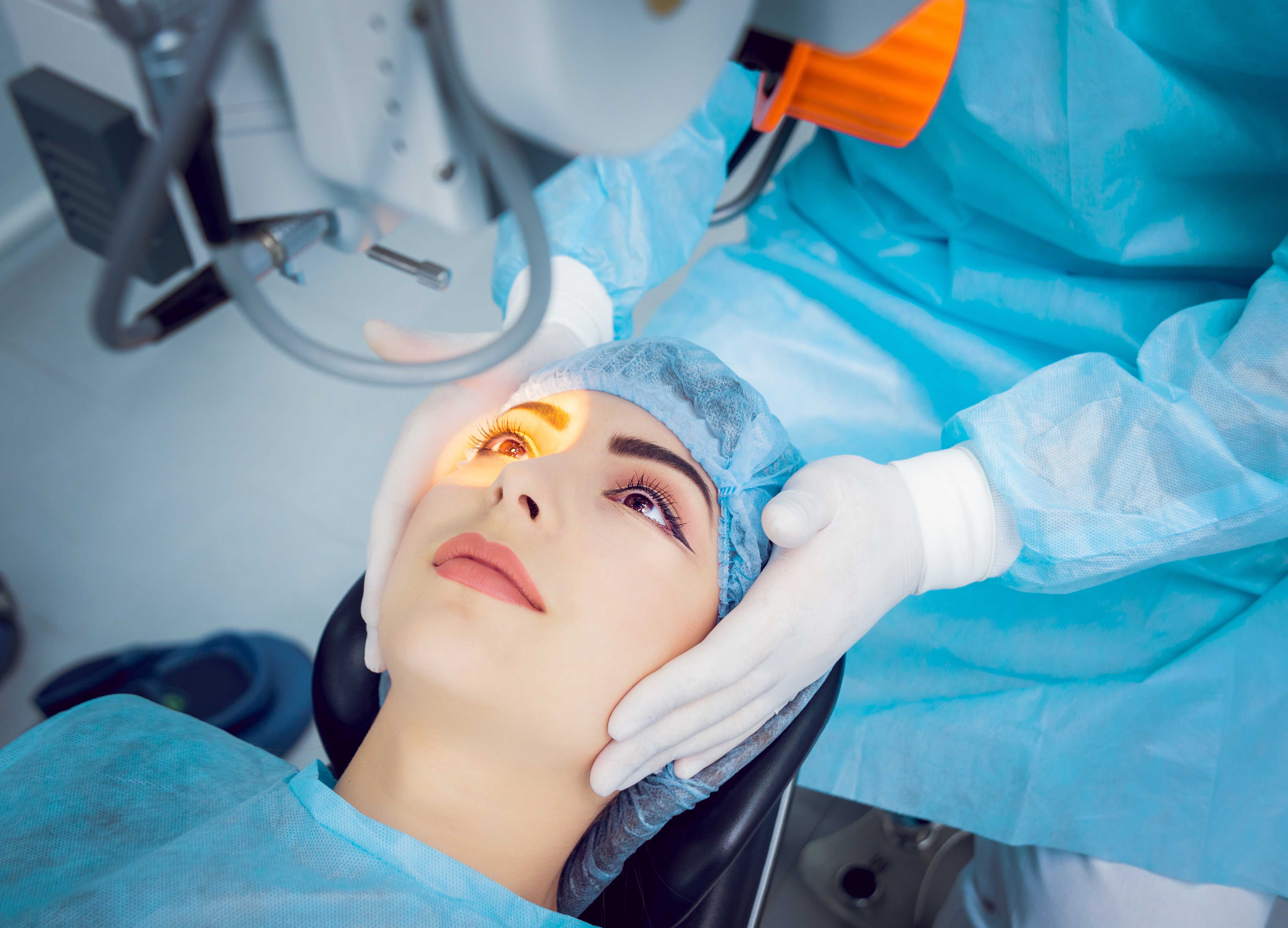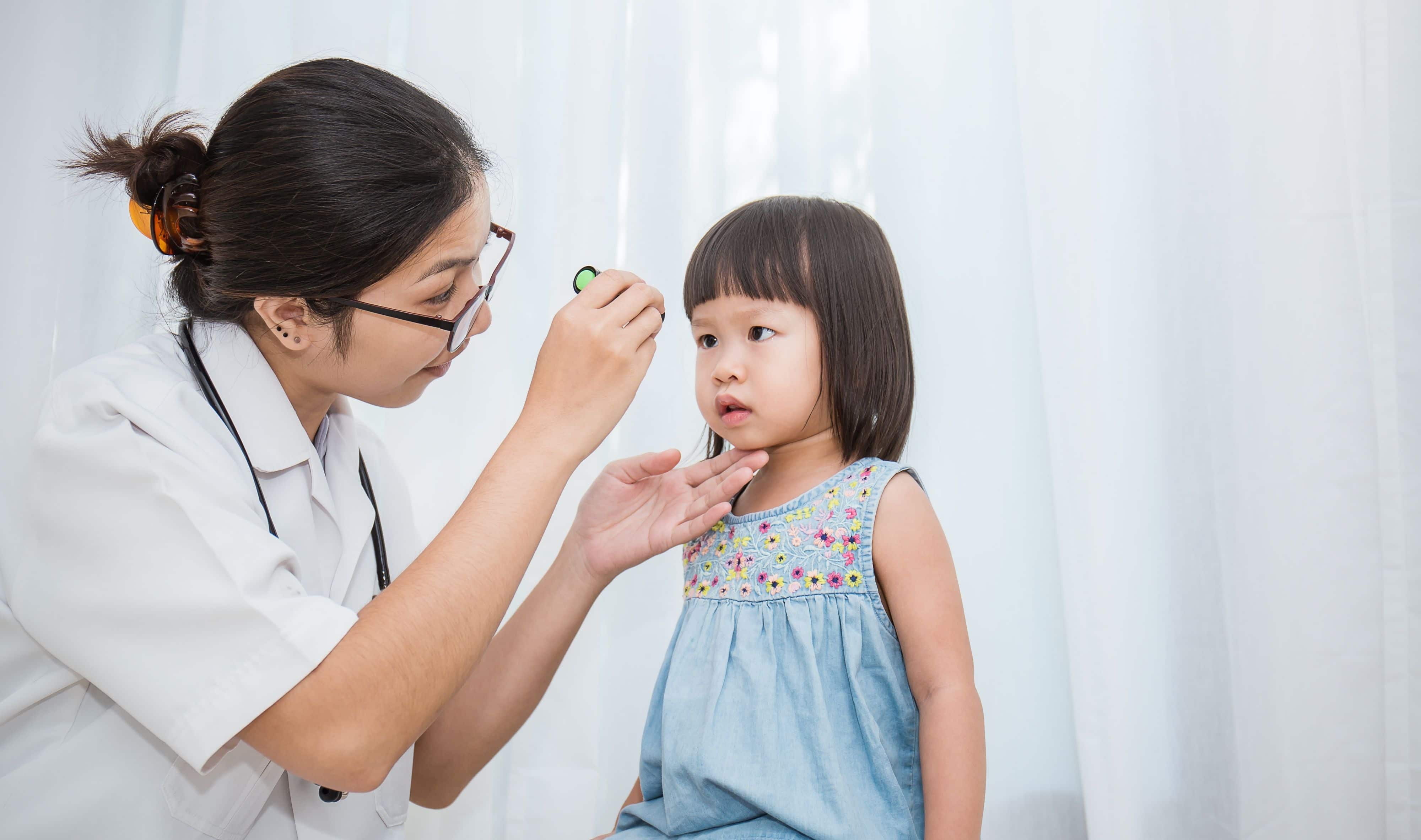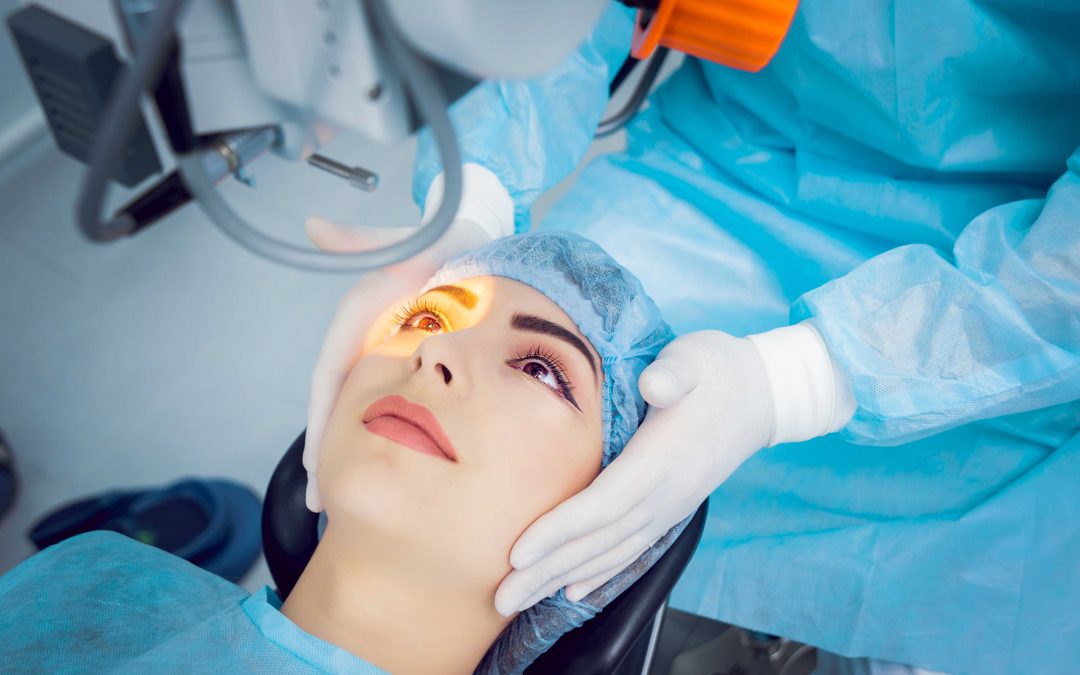It is important to do periodic eye examinations

Periodic eye examination require a series of tests to be able to evaluate sharp eyesight and determine the eye disease. Just like in dental health, to get good eye health you also must have your eyes checked regularly. Especially for those who are nearsighted or near and already use glasses or contact lenses for vision aids every day.
An eye exam requires a series of tests to be able to evaluate sharp vision and determine which eye disease you are suffering from. The eye doctor will use various instruments to perform the examination. During the examination, several aspects will be evaluated, especially those related to your vision ability and eye health conditions in general and specifically.
Why is this done?
Periodic eye examination will help detect problems at their earliest stages, which is when they are easier to treat if they are present. Regular eye examinations will provide an opportunity for your eye doctor to help correct and can provide tips on caring for your eye health or provide appropriate treatment, in case of sharp changes in vision or other conditions compared to the results of previous examinations.
When to have an eye exam?
Several factors can determine how often you need an eye exam. Factors that play a role include age, the presence of systemic diseases (diabetes mellitus, hypertension, etc.) which can cause complications in the eye, or eye disease.

General guidelines are as follows:
Children 3 years and under
For children under 3 years of age, your pediatrician will look for the most common eye problems such as lazy eyes, crossed eyes or misaligned eyes. If there are any such eye problems or symptoms, it can be done immediately at that time regardless of age. Your child can have a more comprehensive eye exam between the ages of 3 and 5.
School-age children and adolescents
Check your child’s vision before entering first grade. If it turns out that your child has no visual symptoms and there is no family history of visual disturbances, have his eyes checked again every one or two years. If there are symptoms of visual disturbances and require correction of the glasses. Periodic eye examinations can be performed between 6 months and 1 year.
Adults
In general, if your eyes are healthy and you have no visual symptoms, get your eyes checked on the following schedule:
1.Every 5 to 10 years in their 20s and 30s
2.Every 2 to 4 years from 40 to 54
3.Every 1 to 3 years from 55 to 64
4.Every 1 or 2 years after age 65
5.Every 1 or 2 years after age 65
Get your eyes checked more frequently if you:
- Eyeglass or contact lens wearers
- Have a family history of eye disease or vision loss
- Having a chronic systemic disease that puts you at a greater risk of eye diseases, such as diabetes mellitus
- Take medications that have serious eye side effects, such as several types and forms of corticosteroids.














